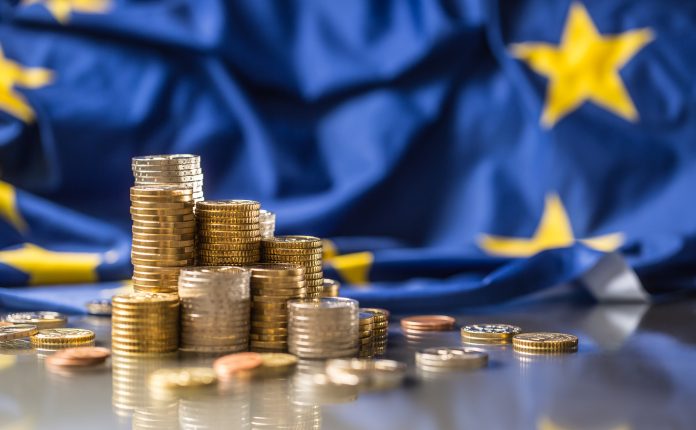A political agreement has been made amongst institutions of the European Union, as its EU Annual Budget for 2022 is proposed by the Commission
European Parliament, the Council of the European Union, on a proposal from the European Commission, have reached an informal political agreement on the EU budget, committing €169.5 billion to respond to the COVID-19 pandemic, sustainable recovery, and job creation.
The EU budget for 2022, the second under the 2021-2027 EU multiannual financial framework, proposed agreements for commitments of €169.5 billion, and payments of €170.6 billion to further investments into a greener, more digital, resilient Europe, while protecting the most vulnerable population.
The budget had agreed it will direct funds to areas where they can make the greatest positive difference, highlighting crucial recovery needs of the EU Member States and the EU’s international partners.
Commissioner Johannes Hahn, in charge of Budget and Administration, said: “This agreement confirms that all institutions are ready to reach a compromise for the sake of a budget, which will support a sustainable recovery and the EU’s necessary transition to the benefit of all.”
The Budget agreed to:
- €49.7 billion in commitments to support the recovery by boosting investments in economic, social and territorial cohesion
- €53.1 billion for the Common Agricultural Policy and €971.9 million for the European Maritime, Fisheries, and Aquaculture Fund, for Europe’s farmers and fishermen, to also strengthen the resilience of the agri-food and fisheries sectors and to provide the necessary scope for crisis management
- €12.2 billion for Horizon Europe, to support the EU’s research in areas like health, digital transition, industry, space, climate, energy, and mobility
- €613.5 million for the Single Market Programme, supporting competitiveness and SMEs, including in the tourism sector
- €839.7 million for the EU4Health programme to support the EU Health Union and to deliver a better response to the health needs of European citizens
- €1.2 billion under the Just Transition Fund to make sure the transition to climate neutrality works for all
- €755.5 million under the LIFE programme to support environment and climate action
- €2.8 billion for the Connecting Europe Facility for an up-to-date, high-performance transport infrastructure to facilitate cross-border connections
- €3.4 billion for Erasmus+ to invest in young people
- €406 million for the cultural and creative sectors through the Creative Europe programme
- €1.1 billion for the Asylum, Migration and Integration Fund
- €809.3 million for the Integrated Border Management Fund to step up cooperation on external border management, including €25 million for the protection of the border with Belarus, as well as migration and asylum policy, which also includes additional funding for resettlement pledges
- €227.1 million for the Internal Security Fund
- €945.7 million for the European Defence Fund to support European strategic autonomy and security
- €15.2 billion to support our neighbours and international development and cooperation. The agreement includes targeted increases for the Neighbourhood, Development, and International Cooperation Instrument (NDICI) – Global Europe (€190 million), focusing on Afghanistan and Syria, as well as for the Humanitarian Aid programme (€211 million) to address crisis situations across the globe.
So far, the Commission has distributed €52.3 billion in pre-financing payments to 17 Member States
EU institutions and the budget for 2022 agree to support projected amendments to the 2021 budget, as proposed by the Commission in Draft Amendment Budgets 5 and 6.
Once the approval process has been finalised, the Commission can increase humanitarian aid for Syrian refugees in Turkey and speed up global vaccinations with the provisions of an additional 200 million doses to low-income countries.
The Commission has now adopted positive assessments of 22 Member States’ recovery and resilience plans. The Council has subsequently approved each of these assessments.
EU countries will continue to rely on support from the NextGenerationEU recovery tool and the Recovery and Resilience Facility at its heart, in accordance with the annual budget for 2022.











